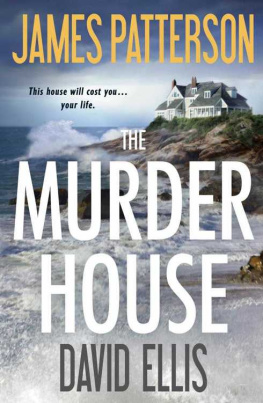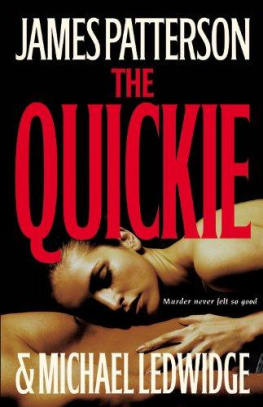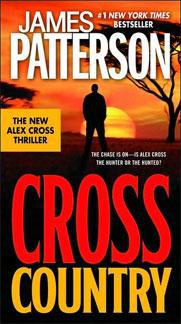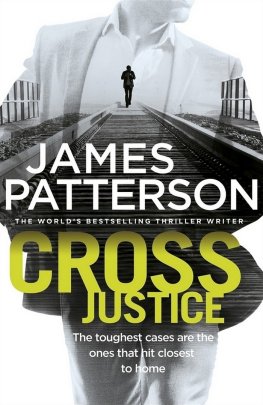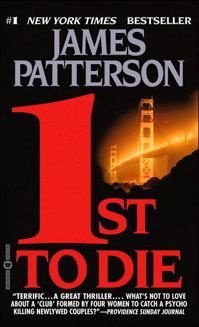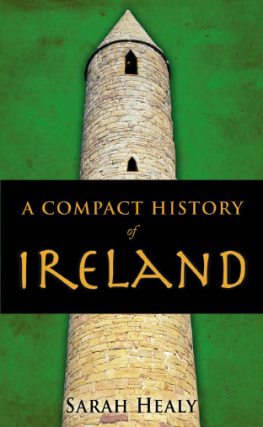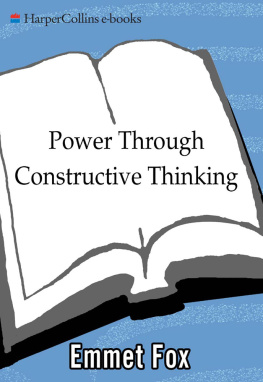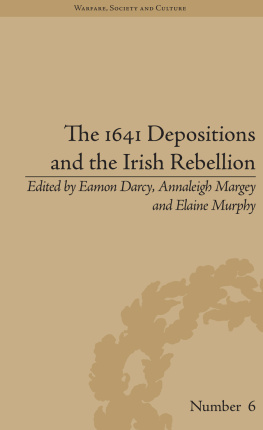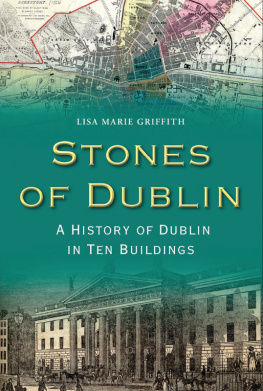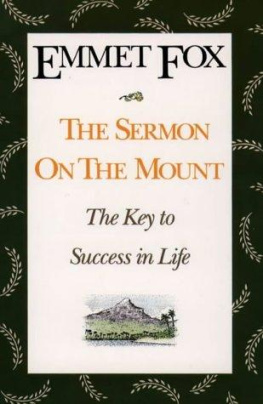IN THE WAKE OF THE GREAT REBELLION
IN THE WAKE OF THE GREAT REBELLION
Republicanism, agrarianism and banditry in Ireland after 1798
James G. Patterson
Copyright James G. Patterson 2008
The right of James G. Patterson to be identified as the author of this work has been
asserted by him in accordance with the Copyright, Designs and Patents Act 1988.
Published by Manchester University Press
Oxford Road, Manchester M13 9NR, UK
and Room 400, 175 Fifth Avenue, New York, NY 10010, USA
www.manchesteruniversitypress.co.uk
Distributed exclusively in the USA by
Palgrave Macmillan, 175 Fifth Avenue, New York,
NY 10010, USA
Distributed exclusively in Canada by
UBC Press, University of British Columbia, 2029 West Mall,
Vancouver, BC, Canada V6T 1Z2
British Library Cataloguing-in-Publication Data
A catalogue record for this book is available from the British Library
Library of Congress Cataloging-in-Publication Data applied for
ISBN 978 0 7190 7693 0
First published 2008
17 16 15 14 13 12 11 10 09 08 10 9 8 7 6 5 4 3 2 1
Typeset by Special Edition Pre-press Services
www.special-edition.co.uk
Printed in Great Britain
by MPG Books Ltd, Bodmin, Cornwall
Contents
Acknowledgements
I would like to thank a number of individuals for their support, both academic and personal, in the completion of this project. First, I owe a tremendous debt to my mentor, Dr Nancy J. Curtin. Without her patience and insight over a lengthy period, this work could not have reached fruition. Moreover, she is a valued friend.
Barbara J. Costa, Fordham Universitys History Department secretary, assisted me in too many ways to be listed. I would also like to thank Dr John McCarthy of Fordham for his help and guidance throughout my doctoral study. The late Drs Donald Frank and William George inspired and advised me during my earlier academic development. I hope they would be pleased.
I offer my sincerest thanks to Steve Ball and Breandn Mac Suibhne. They generously read portions of this work and offered invaluable advice. More importantly, they have gifted me with their friendship. Along the same lines, I must express my gratitude to Tim McMahon, Matt OBrien, and Brian MacDonald. Also, I would like to thank Run ODonnell, David Miller, and James Donnelly for their generosity over the years.
A number of my colleagues at Centenary contributed their support throughout the final stages of this work. They include: Shane Fitzpatrick, Joe Linskey, Barbara-Jane Lewthwaite, John Autore, Christine Floether, Charlie Frederickson, Steve McHugh, Tim Cleary, Sandy Genduso, Chris Linn, Heather Dunham, Harriet Gaddy, Bryon Grigsby, Candice Chase, Norm Cetuk, Bob Search, Dean Bethea, Amy DOlivo, Bob Szkodny, Jeff Carter, and Ray Frey.
On a purely personal level, I must convey my appreciation to Steve and Shirley Owens, Sean McEvoy, Dave Flaten, Beth Kunz, David Caldwell, Mark Hannafin, the Kennys, and Tim and Doreen Harness. I especially would like to thank Dirdre ODwyer and Shane McEvoy; I truly could not have done it without them.
My parents, Thomas and Muriel Patterson, lent me their unquestioning support throughout their lives. Drew, J. D. and Maggie, my children have kept everything in perspective. Finally, Carol this is for you; words cannot express.
Introduction
In the last quarter of the eighteenth century, long-term grievances over the domination of the Irish parliament by the Imperial government, as well as the subsidiary status of Irelands economy to that of Britain, led to a movement for reform. Backed by the Volunteers (local military units nominally raised to defend Ireland while much of its regular garrison was engaged abroad during the conflicts centred on the American Revolution), these so-called patriots sought to take advantage of the climate of fear created in Whitehall by the events in America to obtain the lifting of trade restrictions and legislative independence for the Irish parliament. These dual objectives were achieved in 1779 and 1782 respectively. Yet the executive branch of the Irish government remained responsible to the Imperial cabinet. Moreover, the Viceroy retained the ability to manipulate the corrupt Irish parliament through the liberal distribution of patronage. Most importantly, the Reform Act of 1782 failed to address the aspirations of the Protestant middle classes, which largely remained excluded from the political process. By the second half of the eighteenth century, middle-class resentment, particularly amongst the Presbyterians of Ulster, centred on the continued denial of political participation. Influenced by the ideals of the Enlightenment, coupled with the example of the rational government established by the American revolutionaries to whom many of the Ulster Presbyterians had ties of kinship, the irrationality of the Irish political environment became intolerable.
Inspired by the events of the French Revolution, a revived Volunteer movement emerged in 1790, this time seeking not only the reform of parliament, but, in some instances, Catholic enfranchisement. Modern Irish republicanism was born in Belfast and Dublin during 1791 with the foundation of the Society of United Irishmen. The United Irishmens political thought was a potent combination of classical republicanism, Lockean contract theory and Painite natural rights principles. On a practical level, the organization sought the radical reform of parliament and, more strikingly, complete Catholic emancipation. In the early years, the majority of the United Irishmens leaders favoured the utilization of moral and popular persuasion to bring about a peaceful reform of the system. Yet from the onset, there existed within the movement an element which believed that only by overturning the ascendancy and severing the British connection would it be possible to effect the necessary political transformation of Ireland.
To prevent an alliance between the radical Presbyterians of the North, who dominated the early United movement and the countrys Catholic majority, William Pitt, in the face of strong opposition from the Anglican ascendancy, pushed a series of Catholic Relief Acts through the Irish parliament. These reforms culminated in the Act of 1793, which granted the vote to qualified Catholics. Yet Catholics were still denied the right to sit in parliament or to hold higher posts in the government and military. The declaration of war between England and France in 1793 blocked further Catholic relief as the British government in time of crisis instinctively reverted to its traditional alliance with the Anglican elite.
Indeed, the pressure exerted by the war rapidly transformed Pitts policy of conciliation to one of repression. The government ordered the Volunteers to disband in 1793, and by mid-1794 the United Irishmen were suppressed. Finally in 1795, a reforming Viceroy, Earl Fitzwilliam, supported a bill in the Irish parliament to remove the final restrictions on Catholic political participation. This endeavour raised howls of protest from the throats of the Protestant establishment. Pitt responded by promptly recalling Fitzwilliam to London. Thus, with all legal avenues of reform blocked, the balance between the moral persuasion and physical force wings of the United Irishmen shifted in favour of the latter. By 1795, the organization had transformed itself into a mass-based, oath-bound, secret society dedicated to bringing about a republican revolution.


